Global Military Spending: Europe's Response To The Russian Threat

Table of Contents
The Russian Invasion of Ukraine: A Catalyst for Change
The unprovoked and brutal invasion of Ukraine in February 2022 shattered the illusion of lasting peace in Europe. The sheer scale of the aggression, the blatant disregard for international law, and the brutality inflicted on Ukrainian civilians profoundly impacted European security perceptions. For many, the invasion served as a stark reminder of the enduring threat posed by Russian expansionism. This led to a fundamental shift in both public and political opinion regarding defense spending. The previously prevalent notion of a "peace dividend" – the reduction in military spending following the end of the Cold War – rapidly evaporated.
- Increased awareness of direct military threat: The invasion demonstrated Russia's willingness to use military force to achieve its geopolitical objectives, directly threatening European security.
- Erosion of complacency regarding Russian aggression: Years of relative peace led to a degree of complacency about Russian intentions. The invasion shattered this complacency, highlighting the need for stronger defenses.
- Heightened sense of vulnerability among NATO members: Neighboring NATO members, particularly those in Eastern Europe, felt acutely vulnerable to potential Russian aggression, prompting calls for increased military support and protection.
- Public support for increased defense budgets: The invasion spurred a significant increase in public support for bolstering national defense, with many citizens recognizing the need for enhanced security in the face of escalating threats. This shift in public opinion provided political cover for governments to increase military spending.
Increased Defense Budgets Across Europe
The Russian invasion triggered a significant and unprecedented rise in military expenditure across numerous European nations. Countries that had previously prioritized austerity measures or kept defense budgets relatively low rapidly reversed course, committing to substantial increases.
- Specific examples: Germany, traditionally hesitant to increase military spending, announced a €100 billion special fund for its armed forces, marking a dramatic shift in its defense policy. Poland, already facing security concerns due to its proximity to Russia and Belarus, significantly expanded its military budget. The United Kingdom, a major NATO contributor, also maintained a commitment to significant defense spending increases.
- Percentage increases in defense budgets: Many European nations saw double-digit percentage increases in their defense budgets in the years following the invasion. These increases reflected a determination to modernize armed forces and enhance defensive capabilities.
- Focus on modernization of armed forces: The emphasis is not just on increasing the size of armed forces, but also on modernizing equipment and technology to counter Russian advancements.
- Investments in specific weapon systems: Investments are being made in a range of advanced weaponry, including air defense systems, precision-guided munitions, and cyber warfare capabilities.
Modernization of Military Capabilities
The increased defense budgets are not merely about adding more troops; they are fundamentally about modernizing armed forces to meet the challenges posed by Russia's military capabilities. This involves a focus on technological superiority and enhanced interoperability within NATO.
- Investments in cyber warfare capabilities: Recognizing the importance of cyberspace as a new battleground, European nations are investing heavily in cyber defense and offensive capabilities.
- Modernization of air and naval forces: Significant investments are being made to upgrade air and naval capabilities, including acquiring new fighter jets, warships, and submarines.
- Increased focus on intelligence gathering: Enhanced intelligence gathering and analysis are crucial for anticipating and countering Russian military actions. Significant resources are being allocated to improving intelligence capabilities.
- Strengthening of missile defense systems: Many European nations are investing in or upgrading missile defense systems to protect against potential Russian ballistic missile attacks.
Strengthening NATO and Transatlantic Ties
The Russian invasion has reinforced the importance of NATO and strengthened cooperation within the alliance and with the United States. The crisis has underscored the value of collective defense and burden-sharing among allied nations.
- Increased military exercises and deployments: NATO has significantly increased the number and scale of military exercises involving its member states, enhancing readiness and interoperability. Increased deployments of NATO troops to Eastern European countries have also demonstrated a commitment to collective security.
- Enhanced intelligence sharing and cooperation: The sharing of intelligence and operational information among NATO members has intensified, facilitating more effective responses to potential threats.
- Reassessment of NATO's strategic posture: The invasion has forced a reassessment of NATO's strategic posture, leading to adjustments in troop deployments, military exercises, and defense planning.
- Strengthened transatlantic security cooperation: The response to the invasion has strengthened transatlantic security cooperation, emphasizing the importance of the enduring partnership between Europe and the United States.
The Economic Impact of Increased Military Spending
The substantial increase in Europe's military spending has significant economic implications. While some argue that defense investment can stimulate economic growth, others express concern about the opportunity cost of diverting resources from other crucial social programs.
- Impact on national debt: Increased defense budgets can contribute to rising national debt, especially if not accompanied by corresponding increases in taxation or reductions in other areas of government spending.
- Opportunity costs for social spending: The resources allocated to defense spending could otherwise be used for education, healthcare, or infrastructure projects. This represents a significant trade-off that requires careful consideration.
- Economic stimulus potential of defense investment: Some argue that defense spending can stimulate economic growth through job creation and technological advancements. However, the extent of this stimulus effect is often debated.
Conclusion
The Russian invasion of Ukraine has fundamentally altered Europe's security landscape, leading to a significant and unprecedented increase in Europe's military spending. This surge in investment is driven by a heightened awareness of the Russian threat and a determination to modernize military capabilities and strengthen alliances. The economic implications of this increased spending require careful consideration, balancing the need for enhanced security with the demands of other pressing social and economic priorities.
Call to Action: Understanding the dynamics of Europe's military spending is crucial for comprehending the evolving geopolitical landscape. Continue to follow developments in Europe's military spending and related defense policies to stay informed about this critical aspect of global security.

Featured Posts
-
 Eagles White House Celebration Jalen Hurts Absence And Trumps Tush Push Comment
May 01, 2025
Eagles White House Celebration Jalen Hurts Absence And Trumps Tush Push Comment
May 01, 2025 -
 Bet Mgm Rotobg 150 Your 150 Bonus For The Warriors Rockets Game
May 01, 2025
Bet Mgm Rotobg 150 Your 150 Bonus For The Warriors Rockets Game
May 01, 2025 -
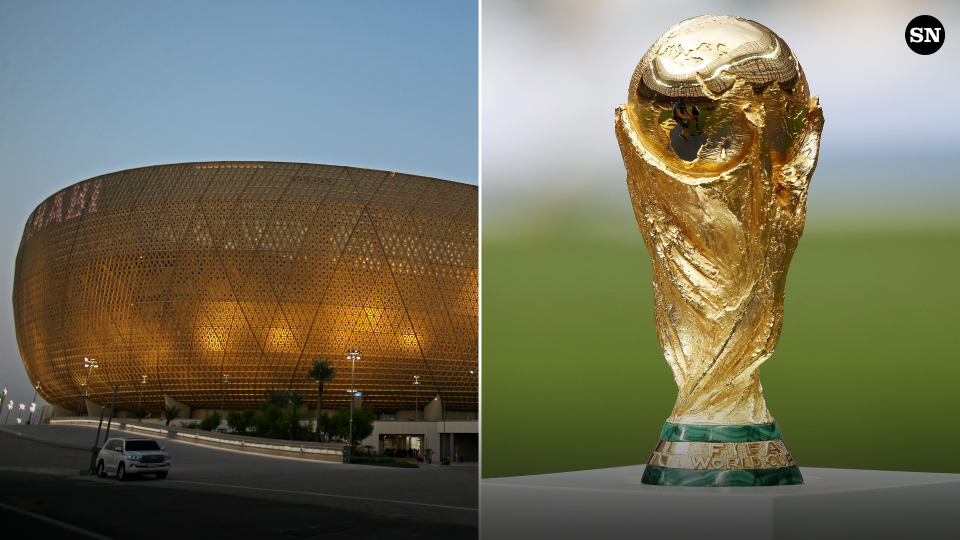 Tran Chung Ket Thaco Cup 2025 Thoi Gian Dia Diem Va Cach Xem Truc Tiep
May 01, 2025
Tran Chung Ket Thaco Cup 2025 Thoi Gian Dia Diem Va Cach Xem Truc Tiep
May 01, 2025 -
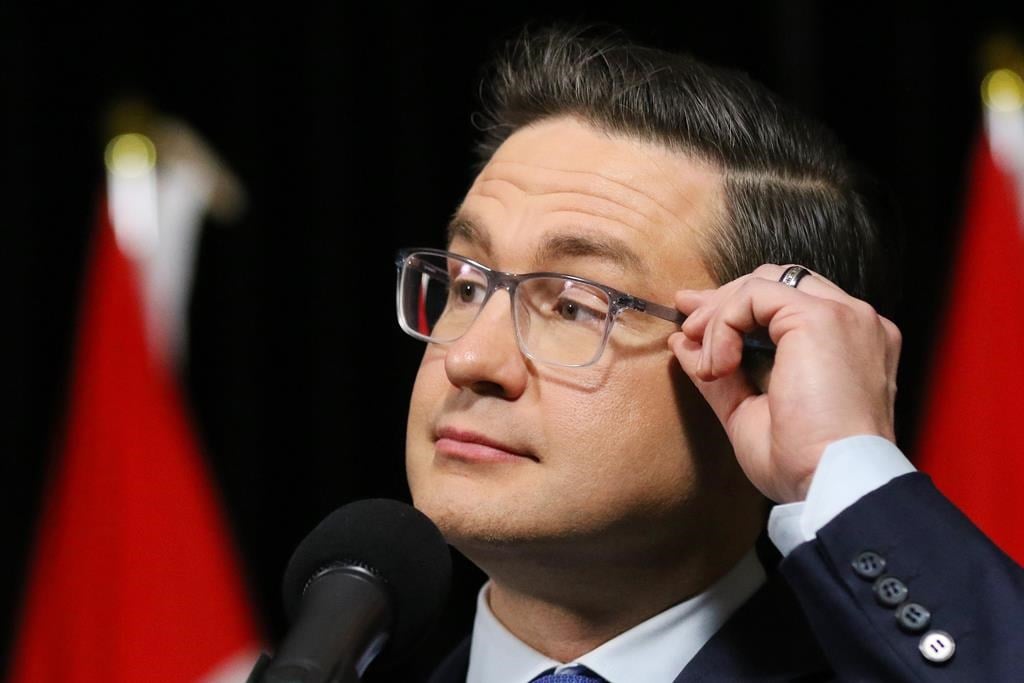 Pierre Poilievre Loses Unexpected Election Results For Canadas Conservatives
May 01, 2025
Pierre Poilievre Loses Unexpected Election Results For Canadas Conservatives
May 01, 2025 -
 Discover The Best New Southern Cruises For 2025
May 01, 2025
Discover The Best New Southern Cruises For 2025
May 01, 2025
Latest Posts
-
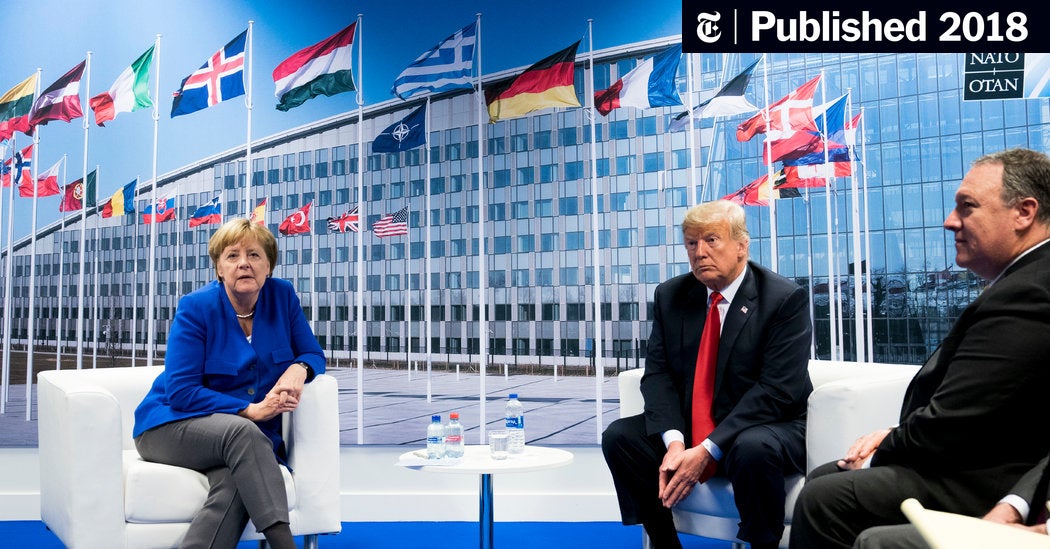 German Official Klingbeil Opposes Russian Gas Import Resumption
May 01, 2025
German Official Klingbeil Opposes Russian Gas Import Resumption
May 01, 2025 -
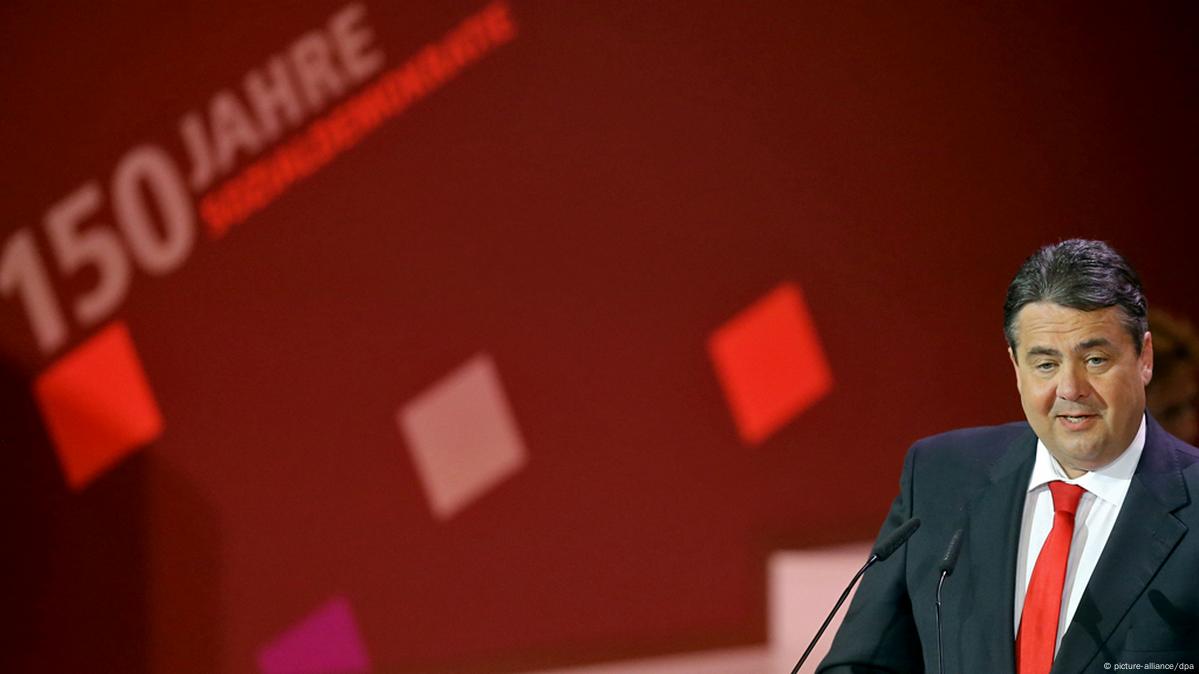 Social Democrats Select New Leader For German Parliament
May 01, 2025
Social Democrats Select New Leader For German Parliament
May 01, 2025 -
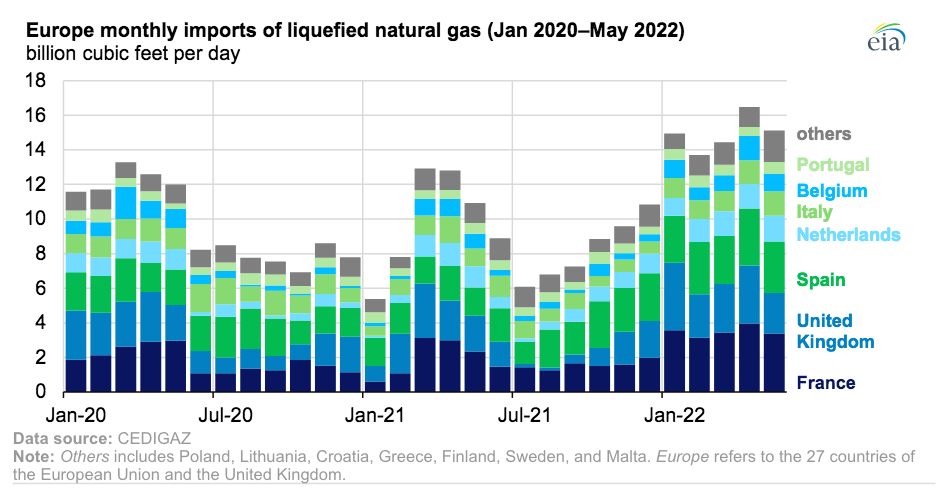 Klingbeil Rebuff No Russian Gas Imports For Germany
May 01, 2025
Klingbeil Rebuff No Russian Gas Imports For Germany
May 01, 2025 -
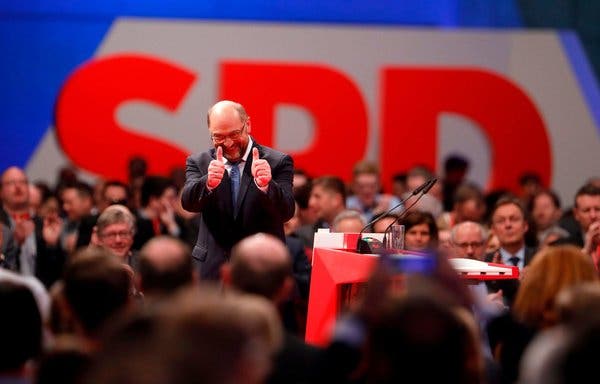 Germanys Social Democrats Choose New Parliamentary Leader
May 01, 2025
Germanys Social Democrats Choose New Parliamentary Leader
May 01, 2025 -
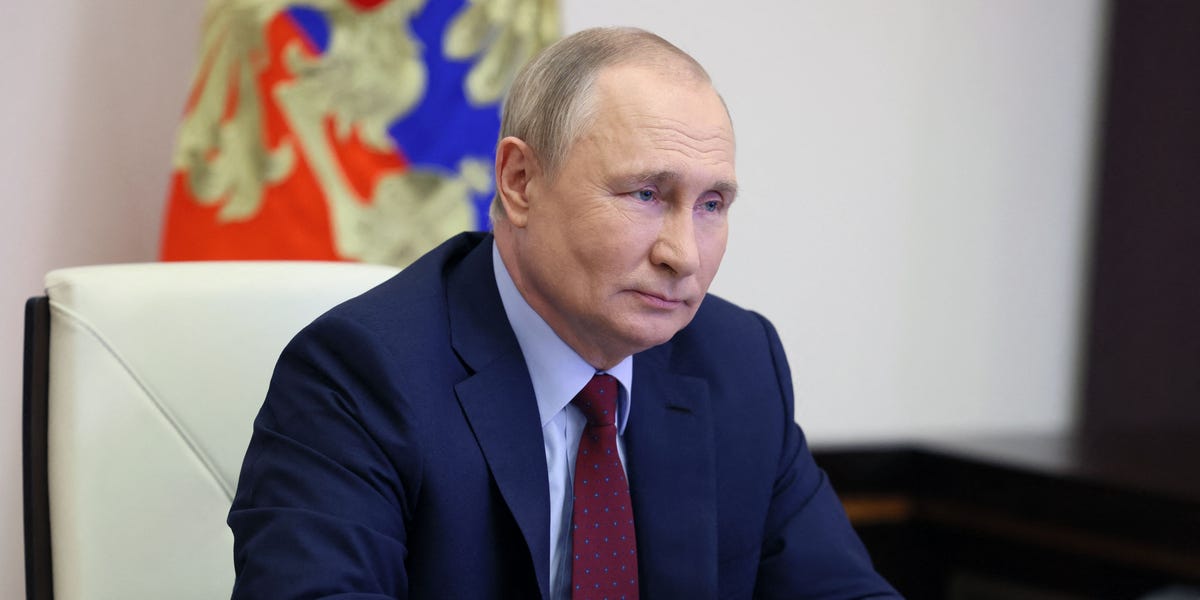 Germanys Klingbeil Stands Firm Against Resuming Russian Gas
May 01, 2025
Germanys Klingbeil Stands Firm Against Resuming Russian Gas
May 01, 2025
